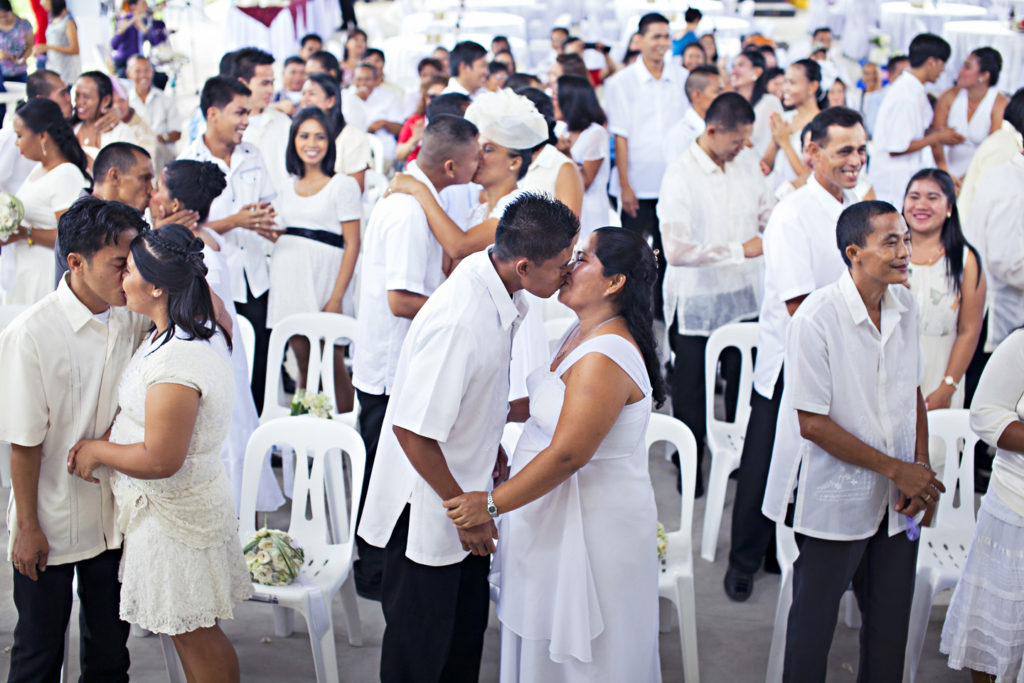
Marriage, the lifelong and exclusive union of one man and one woman, is a distinct good in itself, and deserves to be protected. At the same time, because marriage and the family are the foundation of society, redefining marriage to include two persons of the same sex threatens not only to empty marriage of its meaning, but also to collapse other fundamental pillars of society. One of those pillars is religious liberty.
Religious liberty is “the right to live in the truth of one’s faith and in conformity with one’s transcendent dignity as a person” (CA, no. 47). It entails not only the freedom to worship in private, but also the freedom to follow the tenets of one’s faith in the public sphere. The threat to religious liberty is not (as is commonly assumed) that clergy would be forced to officiate at “weddings” of two persons of the same sex. Instead, the threats are much subtler. The law will not tolerate people and organizations acting against what are commonly held to be democratic values. If opposing same-sex “marriage” is held to be equivalent to the opposition to inter-racial marriage common generations ago, then those who hold this view will be regarded, and treated, as racial bigots. While holding these views would not be against the law per se, the law – and society in general – has ways of punishing, stigmatizing and marginalizing such people, e.g., denying them professional licenses (as therapists, for operating a radio or television station, running a school, etc.), denying tax-exempt status to non-profit organizations, denial of the right to conscientious objection, and so on.
The truth about marriage is an integral aspect of Jesus’ teaching. But the redefinition of marriage to include two persons of the same sex threatens to stifle the Church’s ability to teach publicly about and witness to the uniqueness of marriage as a lifelong bond between one man and one woman. Numerous incidents have already occurred where Christians’ fidelity to the truth about marriage has been condemned as “bigoted” or “hate speech,” with the consequence of professionals being sued (and losing), churches having their tax-exemption revoked, and even ordained ministers being denied the right to teach publicly their religion’s beliefs in this matter.
Marriage should be protected for its own sake, and not just for the sake of preserving religious liberty. However, the consequences of changing the legal definition of marriage are vast, and threaten to encroach upon the Church’s ability to witness to Christ in the public square. This is why the relationship between marriage and religious liberty is a crucial topic needing close attention.
Post Credit: Marriage: Unique for a Reason











